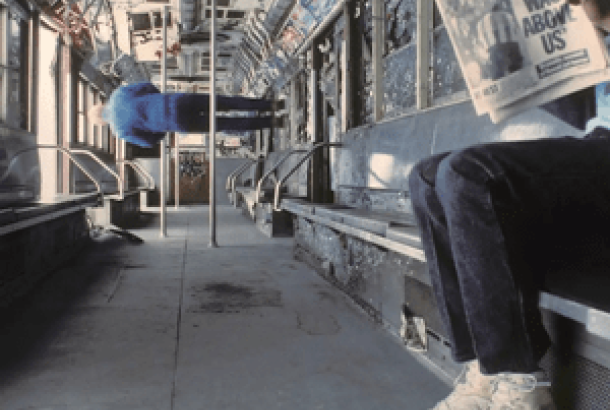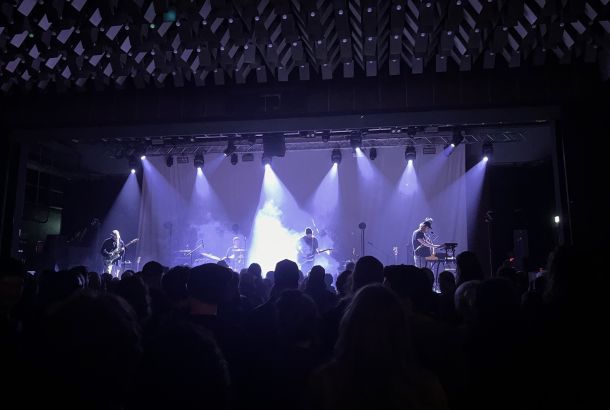R.I.P. NME
By Mark Holland
For a long time, NME was really the only place to find alternative music in the mainstream and its role in many of the UK’s music scenes were pivotal. Writers such as Julie Burchill and Tony Parsons helped shape the punk movement in the late 70s and helped to cement its influence in British culture. This was also the era of Led Zeppelin and Pink Floyd—a time when rock music was fresh, invigorating and NME remained to be a fanatic’s only gateway into this exciting world of rock n’ roll.
This continued throughout the 1980s; with the birth of indie, the magazine, for better or worse, the magazine helped shape alternative culture with articles and covers featuring bands like The Smiths, The Cure and Echo & The Bunnymen. At this time, the acts covered had real cultural importance and NME was always there at every step of the way, with the sharpest writers hunting down the most exciting new music, presenting them to the masses every Wednesday.
In many ways, they helped to write the mythology of these scenes, through wild debauched Madchester tales of Happy Mondays tour buses; through to the iconic imagery that would come to define them; such as the infamous, paint-splattered Stone Roses cover. NME created much of the symbolism we have begun to associate with British music. Would Britpop really have had the same scale of importance if it wasn’t for the magazine’s 1995 battle of Britpop cover pitting Oasis against Blur?
As the magazine entered the new millennium, it was gifted with a resurgence of guitar bands such as The Strokes and The Libertines, allowing them to continue their tried and tested NME formula by hailing them as new, cool and exciting. During the 00s, the magazine helped write the folklore of these bands, and, in turn, created an entire generation of indie kids that kept alternative music in the mainstream.
I fondly remember buying my first issue of NME. It was around 2010 and I’m pretty sure The Courteeners were on the cover. While this wasn’t a time where the magazine itself had much relevance or cultural importance, it completely opened up a new world to me. As with many young music fans around at that time, I was completely hooked with the world it had created and bought every single issue until it’s untimely demise five years later. As well as informing me about new music, it educated me on older bands, organised NME tours every year around the country and really ignited the passion for music that I will always be grateful for.
But the NME’s failure to adapt or cover anything that wasn’t a group of skinny white lads with guitars meant that when these scenes began to die down, the magazine began to look somewhat desperate. There were only so many times they could put Arctic Monkeys or Noel Gallagher on the cover, or so many times bands such as Palma Violets and Wolf Alice not turning out to be ‘the new Libertines’ the magazine had hoped they’d be.
The magazine turning free gave NME one final chance to reinvent itself—to become a legitimate source of credible music journalism once again and help define the future generations of music as it had done so many times in the past. Tragically, when the magazine relaunched back in September with it’s Chris Moyles cover, it’s feature on why being transgender is cool or it’s double-page spread on why The Big Bang Theory is the new Friends, it put the final nail in its own coffin. Meaning nothing to anyone, completely selling out, and losing any morsel of dignity the paper once had. RIP NME.







